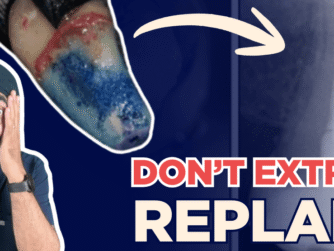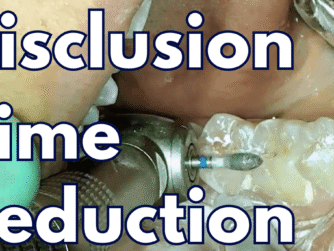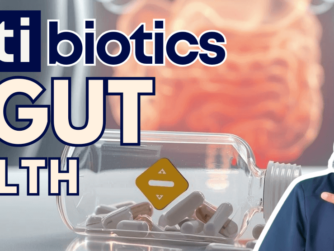Podcast: Play in new window | Download (Duration: 24:37 — 36.5MB)
Subscribe: RSS
Is your gut instinct harming or helping patients?
Sometimes we’re just not sure which is the ‘best’ treatment plan to recommend or even if a single tooth is restorable. Dentistry is an art AND a science, which is why things are not black and white.
We sometimes get stuck in ‘analysis paralysis’ and rely on our gut instinct to save us.
But can we really trust gut instinct in decision making/treatment planning in Dentistry? Is it really serving our patients?
Protrusive Dental Pearl: Make sure to feel the root tip fragment (rub with your gloved index finger) after extraction – it should feel nice and smooth. The presence of sharp or jagged edges may suggest a potential root fracture, indicating that a fragment of the root might still be lodged in the socket.
Sign up for launch updates for Intaglio Mentoring – making high quality mentorship in Dentistry easy to find. Click Here to sign up for free!
Check out the recent Sectioning and Elevating for 2024 Webinar with Dr. Chris Waith on the Protrusive Premium App under the Premium Clinical Videos
Need to Read it? Check out the Full Episode Transcript below!
Highlights of the episode:
1:50 Protrusive Dental Pearl: Root Tips
2:59 Can we Trust our Gut instinct?
8:39 Trusting Your Gut Based on Experience
12:27 When can your gut instinct be unreliable?
14:15 Importance of Mentorship
17:55 Unreliable Mentorship Example
19:03 What’s the BEST way to get mentorship?
20:16 Intaglio Mentorship
If you liked this episode, you will also like GF019 Indemnity vs Insurance
Did you know? You can get CPD from the Web App or Phone App and watch premium clinical videos, for less than a tax deductible Nando’s per month?







